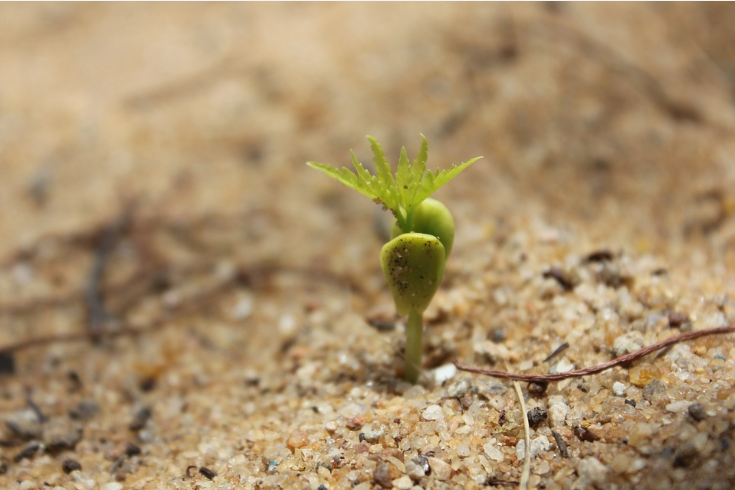
Exhibition time: 17-19 March, 2026 Shanghai, China
 中文
中文

Exhibition time: 17-19 March, 2026 Shanghai, China
 中文
中文

Key words of the passage: organic; fertilizer; abandon; chemical; government
Only six months after Sri Lanka's abrupt shift to complete organic production and a prohibition on chemical fertilizer imports, a series of stumbling barriers forced the island government to abandon the policy.
The Sri Lankan government has recently delivered 3.1 million litres of nano urea fertilizer imported from Indian Farmers Fertiliser Cooperative (IFFCO) in India to farmers in Ampara, Anuradhapura, and Polonnaruwa for paddy cultivation.
IFFCO's entire nano urea consignment is projected to be about one million bottles.
According to local media reports, the nation is also importing 30,000 tonnes of potassium chloride from Lithuania and is on its way to India to receive additional ammonium sulphate.
The move comes months after President Gotabaya Rajapaksa's administration prohibited the import of all chemical agricultural inputs such as fertilisers and pesticides in an effort to achieve 100% organic farming.
Concerns that Compelled the Government to Act
The Sri Lankan government faced massive demonstrations and outrage in the country's farmland districts due to a lack of time and organic fertilisers for farmers to transition to fully organic farming.
There was also concern about a reduction in production of numerous export products, such as tea and rubber, because they rely heavily on chemical input for growing. Paddy has the largest reliance at 94%, followed by tea and rubber at 89% each.
Tea bushes are a highly chemically intensive crop since they require continual fertiliser application at least twice or thrice a year.
Sri Lanka's tea export revenue is estimated to be approximately $3 billion per year.
Initially, the Sri Lankan government attempted to quell the demonstrations by importing organic fertiliser from China, despite the fact that the country's domestic organic fertiliser output is insufficient to fulfil the country's agricultural needs. However, this resulted in the emergence of a whole new crisis.
Sri Lanka rejected 99,000 metric tonnes of organic fertiliser supplied at a cost of $63million from China's Qingdao Seawin Biotech Group Co Ltd after the samples were discovered to be "tainted" with microorganisms, infections, and illnesses dangerous to soil, plants, and humans.
The samples were also infected with Erwinia, a well-known plant disease that might have caused significant post-harvest losses in crops, resulting in an agricultural calamity for Sri Lanka.
The payment to China's Qingdao Seawin Biotech was then withheld by the Sri Lankan bank. The Chinese Embassy in Sri Lanka later announced that the state-owned People's Bank of Sri Lanka had been blacklisted.
Source: AgroPages
